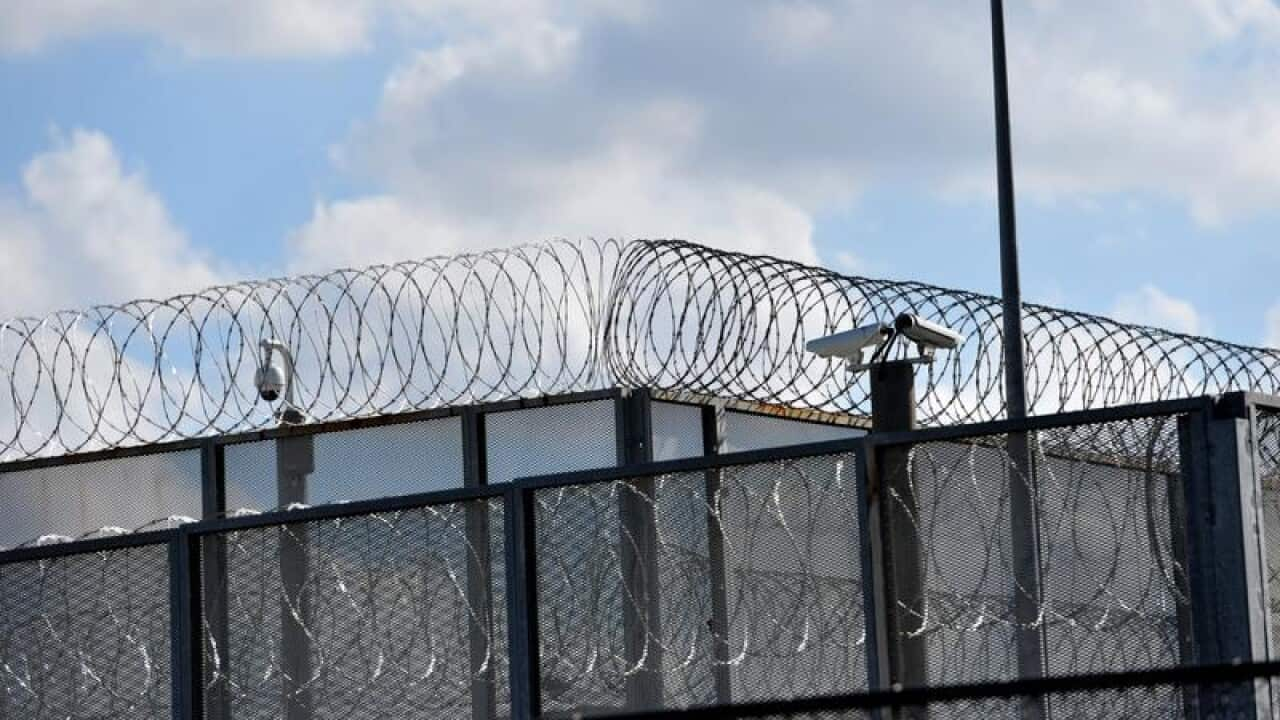Indigenous deaths in custody and the overrepresentation of Aboriginal and Torres Strait Islander people in prison have been singled out in Amnesty International’s annual global snapshot of human rights issues.
- the latest being a 45-year-old male inmate who died at Perth's Casuarina Prison on Saturday.
The spate of deaths has prompted widespread outrage as the 30-year anniversary of the release of the 1991 Royal Commission into Aboriginal deaths in custody report approaches next week.
Since the report was handed down, more than 450 Aboriginal and Torres Strait Islander people have died in custody.
The Amnesty International report, , highlighted the issue as well as widespread support for raising the age of criminal responsibility from 10 to 14, a policy that disproportionately impacts Indigenous youth who make up the majority of young people in prison.
More broadly, Aboriginal and Torres Strait Islanders make up 29 per cent of the prison population despite representing only 3.3 per cent of the total population, according to the Australian Bureau of Statistics.
“Australians like to see ourselves as living in the lucky country, and that’s true for the privileged among us, but there are swathes of our community who are unable to access justice and the basic rights to which we’re all entitled,” Amnesty International Australia national director Samantha Klintworth said.
“Our annual report shines a light on the issues and shows that while we are in many ways lucky, there is also a long way to go to ensure everyone’s rights are protected.”
Amnesty International also found Indigenous Australians were significantly affected by policing of COVID-19 rules, detailing reports of people living in remote Indigenous communities “being harassed by police for having too many people in one dwelling”.
The report also noted the policing of movement and protests during the COVID-19 pandemic as human rights issues, flagging the policing of public health rules on marginalised communities.
This included the , where many of the residents were from culturally and linguistically diverse communities.
Following an outbreak of COVID-19 cases linked to the towers, about 3,000 residents were prevented from leaving their apartments for at least five days.
Those restrictions were significantly tougher than the wider Melbourne lockdown.
Residents reported .
In December, the the state's human rights laws and called on the government to apologise to the tower's residents.
The treatment of refugees and asylum seekers was also an ongoing issue, Amnesty International said, pointing to the .
“There are still around 1,200 refugees - previously detained offshore, now in Australia - either living in limbo in the community, or detained in APODs or detention centres. And there are around 250 still trapped offshore on Papua New Guinea and Nauru eight years later,” Ms Klintworth said.
“This is a disgraceful human rights abuse and must end immediately.”




